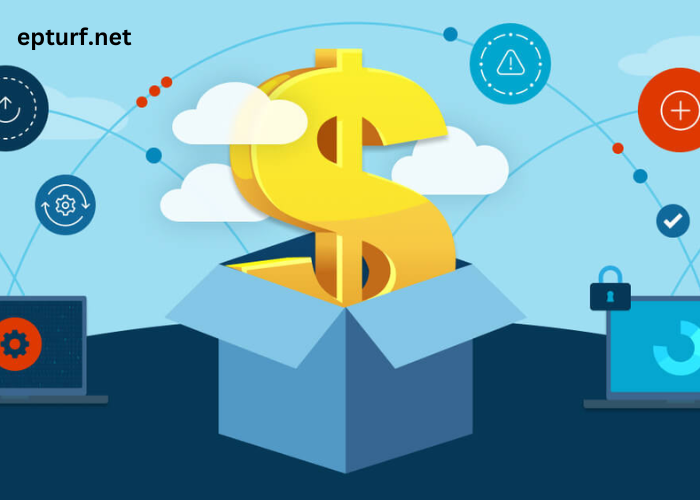With the increasing embrace of efficient system management today, especially in organizations that deal with elaborate processes, case management solutions are critical. These systems offer options that help legal firms, social service workers, and healthcare providers. They assist by making work easier, faster, and more client friendly.
However, choosing the right software for case management needs careful consideration especially relating to the issue of cost. It is important to consider the associated costs and the possible return on investment (ROI) in order to arrive at a good decision.
In this article, we will discuss all the possible expenses that you may incur while implementing case management software and show you how the same can be used to yield long-term benefits.
Understanding the Costs of Case Management Software
When it comes to the costs of case management software, it is crucial to note both the initial expenses and the continuous ones.
a. Initial Software Costs
The first cost that may come to mind is the cost of acquiring the software. This can either be a one-off cost, or it may involve the use of various subscription-orientated business models. Most case management systems are based on the Software-as-a-Service (SaaS) model, which distributes the cost over time by charging per month or year.
b. Implementation Costs
There are four key areas in the implementation which include configuration, installation, testing and data conversion or transfer. For organizations migrating from manual paper based systems or legacy systems, this can be a large cost. Adaptation of the system to meet certain workplace needs may also prove costly.
c. Training and Support
The training given to the employees should focus on how to get more out of the investment made on the software. To help their staff in getting more acquainted with the tools offered, many vendors provide training which can be part of the license price or may be charged separately.
d. Maintenance
Maintenance is a continuous cost which should also be considered, especially in the case when further technical assistance is required.
e. Hardware Costs
If the software is run locally, there may be some further costs, such as if you change or update your company’s hardware and servers. For the most part, cloud-based solutions address these costs since they only require a recurring hosting fee.
Maximizing Return on Investment (ROI)
While the costs to purchase case management systems might appear very steep in the short run, the benefits may outweigh the costs in the long run.
The first advantage of case management software is the efficiency in managing administrative tasks. Such features as document flow, client’s interaction, and more, help to minimize time spent on routine operations. It also prevents staff from being bogged down by mundane tasks, translating to time and cost savings in the process.
Next, technology such as case management systems help enhance client relations, as they guarantee timely replies and better information. Staff and management get easier access to the particular case and its history, so clients may receive better and faster service, increasing overall satisfaction and retention.
Lastly, you may want to know that industries such as healthcare or legal services require compliance to various regulations to be followed. Case management software has compliance features that can help reduce exposure to legal risks and fines.



